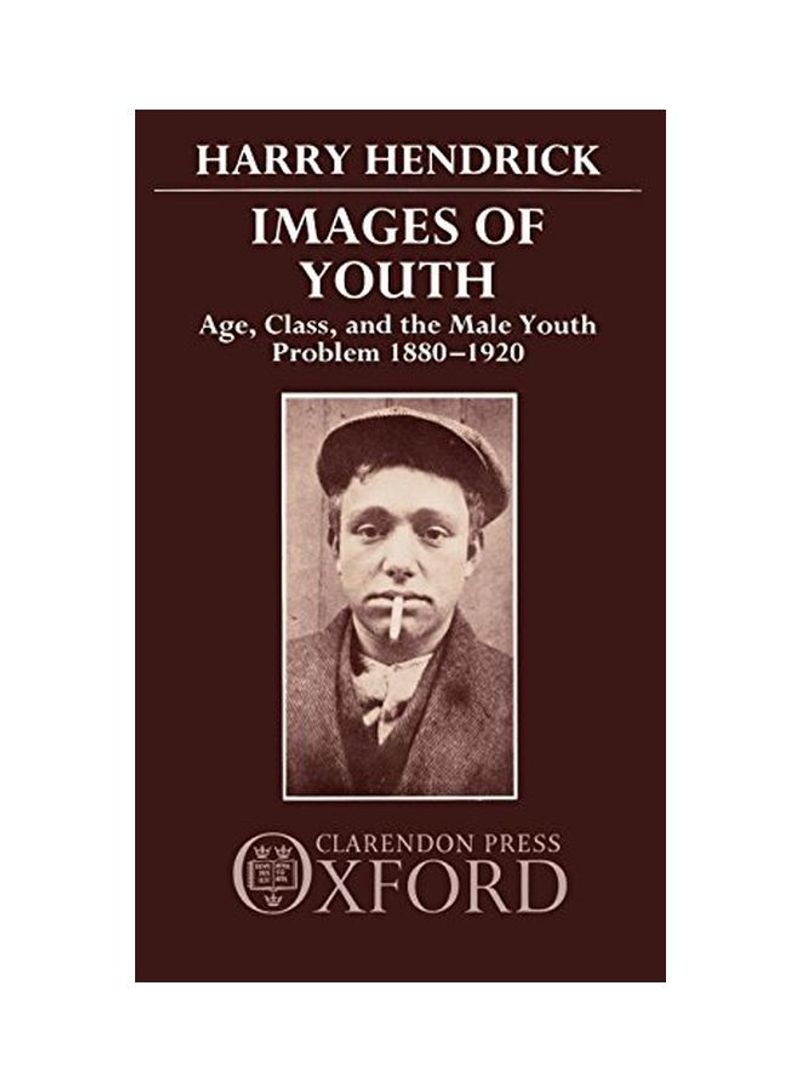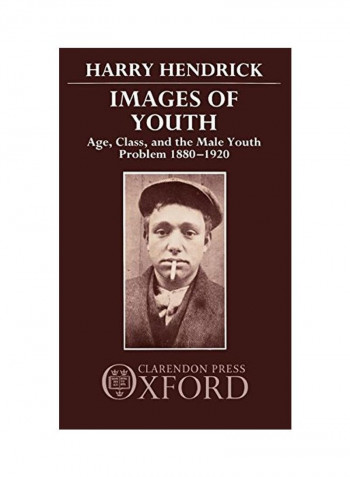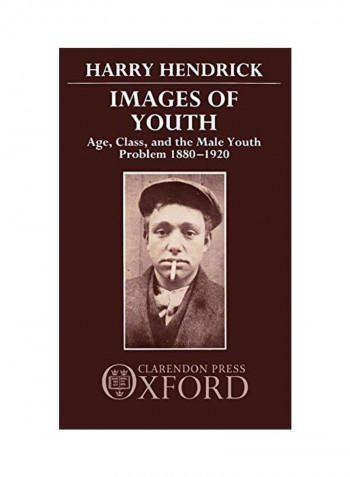Images Of Youth: Age, Class, And The Male Youth Problem, 1880-1920 Hardcover
Recommend
Sort by
Rating
Date
Specifications
Author 1
Harry Hendrick
Book Description
This is a study of the debate on male youth in the period 1880-1920. During these years, male working-class youth was regarded as posing a serious problem, not only economically, but also morally and socially. Harry Hendrick investigates the `making' of this problem, examining attitudes towards youth and its behaviour, contemporary perceptions of `boy labour', and the `discovery' of the working-class adolescent. He goes on to consider the attempts to solve the problem and create adaptable and efficient citizens, by measures including philanthropy (the youth movement), collectivism (a juvenile labour exchange and vocational guide system), and further education (part-time day continuation schools). Images of Youth demonstrates the significance, long underestimated, of the male adolescent in British society in the late nineteenth and early twentieth century. Dr Hendrick's carefully researched and thorough study illuminates such major issues as poverty, unemployment, race, class conflict, industrial unrest, and the nature of democracy. Drawing in a further dimension, he charts the development of child and adolescent psychology and its contribution to the definition and perpetuation of the youth problem. He argues that the images of youth forged in this period had important and far-reaching consequences for age and class relations. Today the study of youth is of major importance; this book provides us with a comprehensive picture of its beginnings.
ISBN-13
9780198217824
Language
English
Publisher
Oxford University Press
Publication Date
23 Aug 1990
Number of Pages
310
Editorial Review
Hendrick has provided a sensitive and meticulously-researched study ... he has established the long underestimated significance of working-class male adolescents in late Victorian and Edwardian Britain. Images of Youth is a welcome contribution to the historical literature, leaving its readers with much to ponder.' Mark Rosenfeld, Ontario Institute for Studies in Education, Albion 'The book succeeds admirably in tracing the interconnections between urban working-class youth and contemporary debates on poverty, unemployment, and casual labor. It presents the fullest and subtlest investigation of the boy labor problem, and it convincingly amends the existing account of the discovery of adolescence. The book is based on extensive research and sound scholarship.' Victor Bailey, University of Kansas, American Historical Review, December 1991 'Hendrick's book is interesting to read and a useful addition to its genre. If not in the category frequently described as 'seminal', it builds on earliest findings and adds some fresh insights of its own.' W.E. Marsden, University of Liverpool, Economic History Review, May '91 'This is a closely-argued and well-documented account of the changing attitudes to youth which led to the Juvenile Employment Scheme of 1909, and to the day continuation schools of the Fisher Act, 1918 ... an informative book, carefully researched, and one certainly to be recommended to educationalists, labour historians, and others.' Eric Hopkins, University of Birmingham, Journal of Educational Administration and History, Volume 24, Number 1, January 1992 'The book presents a thoroughly researched and confidently argued study of changing conceptualizations of young working-class males in the late Victorian and Edwardian period. The result is a careful and knowledgeable work which fills a significant gap.' Phil Gardner, University of Camridge, History of Education Quarterly, Winter 1991 `a monograph of meticulous scholarship that complements more broadly-conceived works in the literature by Gillis and Springhall. The author is convincing in his argument that the Edwardian era witnessed an important turning point in age relations.' Colin Heywood, Social History of Medicine `subtle and perceptive study ... carefully researched monograph' Social History Society Newsletter `The Edwardians produced a copious literature on the `boy labour' problem, and it provides the bedrock for Harry Hendrick's argument that the period saw the emergence of new images of male youth ... Hendrick surveys this literature thoroughly and efficiently, and successfully locks the debates on boy labour into the wider concerns of the early twentieth century.' Labour History Review `Images of Youth is a valuable addition to the literature on the social and historical construction of childhood and adolescence.' Sociology 'sensitive and well researched monograph' Janet Howarth, St Hilda's College, Oxford, 20th Century British History, Vol.1, No.3, 1990 `a work of genuine scholarship, detailed and meticulously researched. Yet it is never less than accessible and will as a consequence appeal as much to the general reader interested in the development of youth work and policy in Britain as to the historian.' Youth and Policy `a useful monograph, which has a broader interest and significance than the title suggests.' History Today `The book succeeds admirably in tracing interconnections between urban working-class youth and contemporary debates on poverty ... it presents the fullest and subtlest investigation of the boy labor problem ... convincingly amends the existing account of the discovery of adolescence.' American Historical Review `historians of youth will find much in the contextual method of the book that can fruitfully be applied to the study of age relations in other historial and social settings' Janet Howarth, St Hilda's College, Oxford, 20 Century British History, Vol.1, No.3, 1990 `important contribution to our understanding of this pivotal period of modern history and a good example of how historical interpretation is enriched by sociological understanding. His [Harry Hendrick] will be a hard act to follow for anyone going over this ground. ' The Sociological Review `Hendrick has provided new support for the tie between youth images and policy and the economic/social problems confronting Britain during the Edwardian period.' Journal of Social History, Winter 1993



